Mosques Offer Quranic Courses during Ramadan in Kosovo

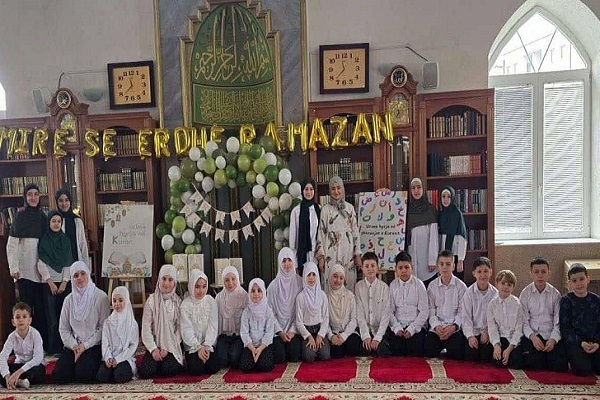
Kosovo is a county in the Balkans, southeast Europe, that declared independence in 2007. Most of its people are of Albanian descent, with four percent of the population being Serbs and four percent belonging to other ethnic groups.
Islam entered this region in the 15th century after it was conquered by the Ottoman forces. Today, the majority of the people of Kosovo are Muslims, while there are also minority Orthodox and Catholic Christians as well as followers of other faiths.
The first Islamic university in the country was established in 1992 in Pristina, the capital. Today, there are some 800 mosques in the country and 100 more mosques are also under construction.
Friday prayer sermons in Kosovo are delivered in Albanian, Bosnian and Turkish and religious teachings, including Quranic lessons, are also offered in these languages.
In the holy month of Ramadan, mosques in Kosovo offer Quran teaching courses to different age groups, especially children.
The courses are aimed at raising the level of religious awareness and enhance Quranic knowledge in society.
Read More:
Last week, a ceremony was held at the Grand Mosque in Ferizaj, the third largest city in Kosovo located 38 km south of the capital, to honor children who have graduated from Quranic courses.
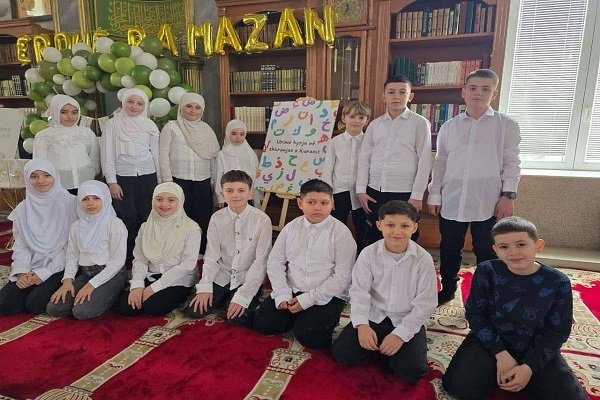
Speakers at the ceremony underlined the importance of Ramadan and teaching the Quran to children at mosques.
They also congratulated the children for the accomplishment and lauded their parents, saying such programs help to raise a generation that is capable of understanding and benefiting from the teachings of the Holy Book.
Last year, Muslims in Kosovo welcomed the holy month of Ramadan with the reopening of three significant historical mosques: the ancient Pirinazite Mosque, the Alaudin Mosque in the old neighborhood of Pristina, and the Mahmud Pasha Mosque in the historic town of Jakovica in southeastern Kosovo.
The restoration and renovation of the mosques were carried out by the Turkish Directorate of Religious Affairs.
These historical mosques had been neglected during the period of Kosovo’s occupation by the Serbs, which lasted nearly 86 years, from 1913 to 1999.
After Kosovo gained its independence, a widespread and unprecedented Islamic movement emerged, particularly focused on the collection and revival of the Islamic heritage of the country. As a result, many old mosques that had suffered damage due to deliberate neglect were restored.
Read More:
The Pirinazite Mosque is one of the oldest and most significant historical mosques in Pristina. It is located in the Vllaznia neighborhood in the eastern part of the city. The exact date of the mosque’s construction is unknown, but it is believed to have been built during the Ottoman period in the 16th century.
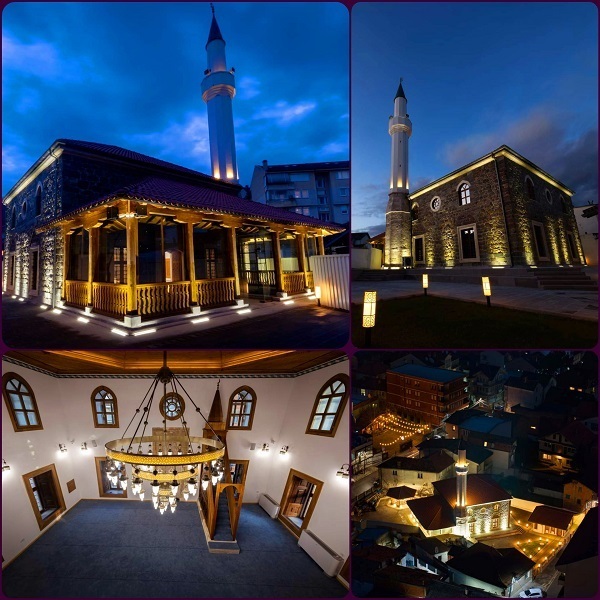
The latest restoration of this mosque began in 2020 and was completed in early 2024.
Adjacent to the mosque is an Islamic school of the same name, from which many scholars of Kosovo have graduated. One of the graduate of this school, Sharif Ahmeti, was the first person to interpret the Holy Quran into Albanian.
The old Alaudin Mosque was built in the first half of the 16th century. This mosque is located in the square of the Islamic Council buildings of Kosovo, in the oldest neighborhood of Pristina, known as Vellusha. This neighborhood was previously named after the mosque, referring to it as the Alaudin neighborhood. Alaudin was an Arab prince who constructed this mosque after his arrival in Kosovo.
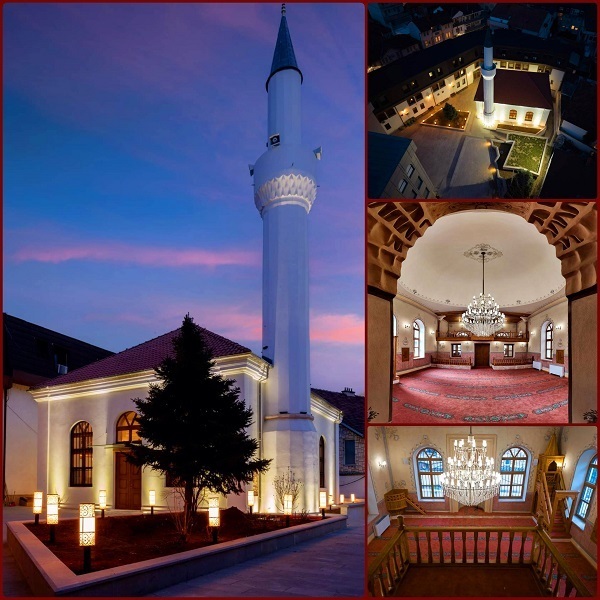
The Mahmud Pasha Grand Mosque, the second important old mosque in the town of Jakovica in southwestern Kosovo, dates back to the Ottoman period and has stood for nearly five centuries since its establishment. The town of Jakovica is considered a historical area with Ottoman architectural features.
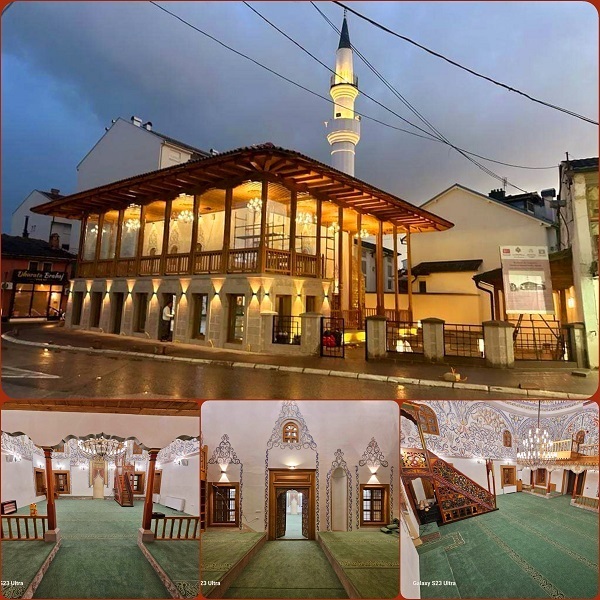
4271534



